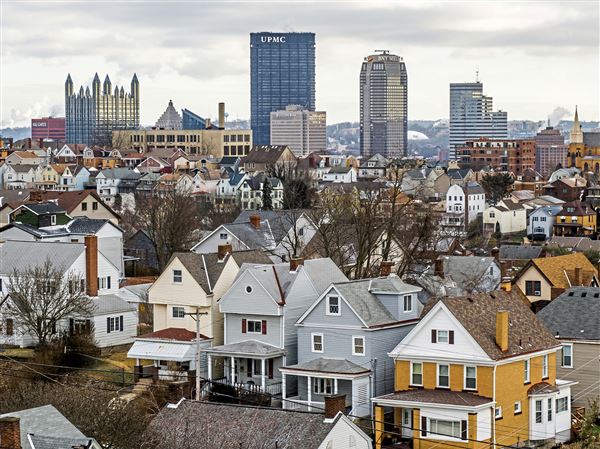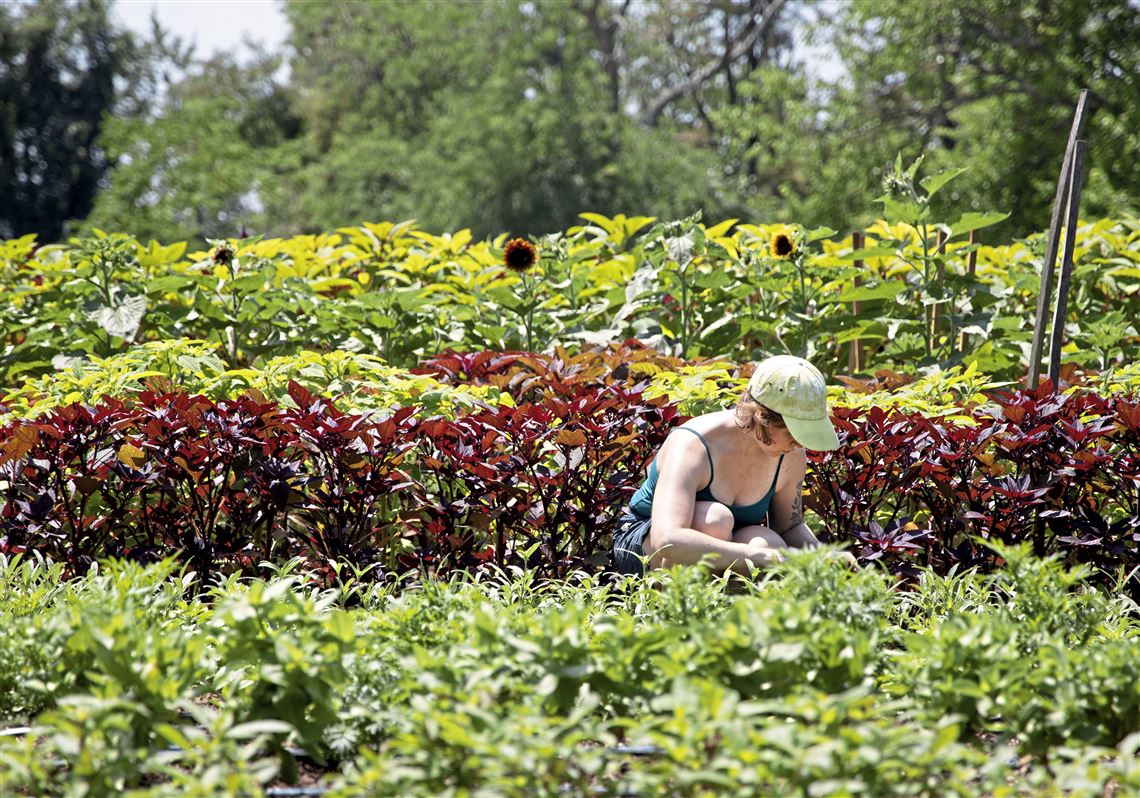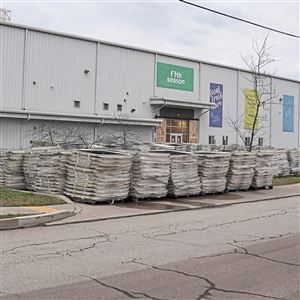As the global pandemic barrels forward unimpeded, Pennsylvanians are having a crisis of confidence.
Inadequate leadership from Washington and Harrisburg is exacerbating the stress and anxiety already being felt by Pennsylvanians beset by high unemployment, economic and social restrictions, and an uncontrolled virus.
Rather than reinforcing residents’ pessimistic view of political leadership, state policymakers should embrace a positive vision for the commonwealth’s future: a green recovery agenda that preserves and grows our homegrown, nature-based, agriculture and clean-energy industries to put people back to work rebuilding our sustainable infrastructure.
Pennsylvania’s workforce has been devastated by the pandemic and the economic restrictions implemented to contain the spread of the coronavirus, resulting in the unemployment rate soaring to 16.1% in April. It’s estimated that more than 2.8 million Pennsylvanians have sought unemployment benefits since March.
The pandemic is severely impacting small businesses and workers that make up Pennsylvania’s sustainable industries. The U.S. Census Bureau, which is tracking pandemic impacts on the economy, found that nearly 70% of small businesses categorized as “nature-based” are being negatively impacted.
State policymakers have responded by kicking the stimulus can down the road. The state passed a stopgap budget using pre-pandemic revenue numbers so that tough budget decisions can be made later in the fall. Limited federal stimulus funding has been divvied out to public health institutions on the front lines of the crisis. In fact, state policymakers have spent much of the pandemic sparring over constitutional separation of powers rather than economic recovery.
This political posturing cannot continue. A more hopeful vision for the future is desperately needed.
There is growing momentum throughout the United States that the path back to prosperity and healthy communities should not — and cannot — fall back on the tried-and-failed economic plans of past recessions.
After the Great Recession of 2008, the state turned its gaze to subsidizing the fracked gas industry to inspire growth. While the industry provided an initial boost to Pennsylvania’s economy, it is currently flaming out as it wrestles with mile-high debt and ties to a deeply unstable and saturated global energy market.
Bankruptcies, canceled projects and environmental degradation define the industry as being in its waning days, not one that can be relied upon for a full-scale economic recovery.
This time must be different. Pennsylvania must strive for a recovery that supports industries with long-lasting appeal to our economy, communities and environment.
To this end, PennFuture recently released A Green Stimulus and Recovery Platform for Pennsylvania, a detailed policy agenda to stimulate job growth and a green recovery with four overarching goals.
First, Pennsylvania must safely and equitably restart the economy in a way that protects human health from both the pandemic as well as pollution. A good start is financially supporting the agriculture and outdoor recreation small businesses that are in crisis. Without state support, these industries that employ hundreds of thousands of people may severely retract because of troubled summer and fall harvest and tourist seasons.
Second, policymakers should avoid state budget cuts that will harm economic recovery and set back our nature-based businesses. The first big test will come this fall when the Legislature returns to Harrisburg to pass a state budget.
Third, our state officials should target recovery investments that put Pennsylvanians back to work rebuilding our natural infrastructure. Policymakers should create a modern Civilian Conservation Corps that hires unemployed workers to rebuild our state parks and forests, supports farmers and pursues projects to clean our streams and conserve our lands.
Fourth, a recovery agenda should support Pennsylvania’s homegrown sustainable industries, like clean energy, that have long-term growth trajectories and are far outpacing polluting industries nationwide in job creation both before and during the pandemic.
All told, our green recovery platform is estimated to cost $2.8 billion in investments annually during the recession, which would preserve or create as many as 389,000 jobs in the commonwealth, including nearly 37,200 shovel-ready jobs. It’s a significant investment that compares well to the historic circumstances we find ourselves in.
Pennsylvanians need hope and vision, not political infighting and status quo. This green recovery agenda provides a road map and a path forward for Pennsylvania that relies on clean and sustainable initiatives. It’s an investment needed now more than ever.
The choice to implement a green recovery for Pennsylvania is ours, and the chance to emerge from this historic challenge as a better, cleaner, more resilient Pennsylvania is at our fingertips. Here’s to hoping our elected officials are listening.
Matthew Stepp is the executive vice president and chief of staff for PennFuture, a statewide environmental advocacy organization.
First Published: July 28, 2020, 9:00 a.m.













